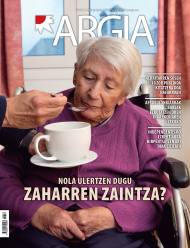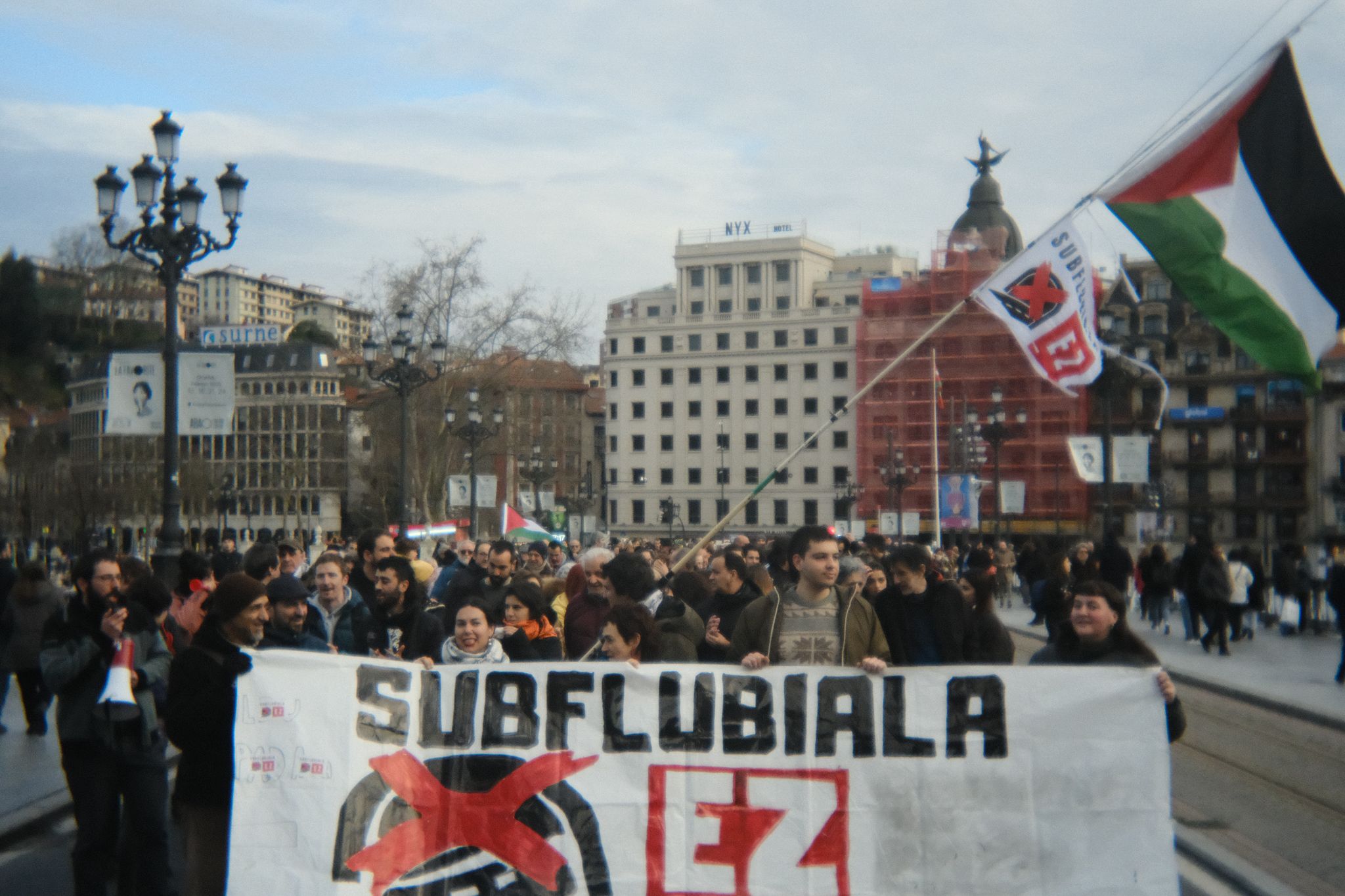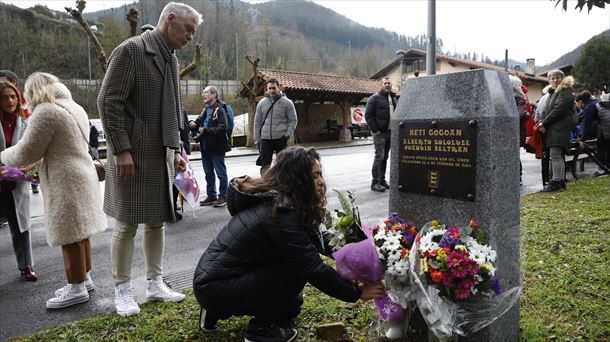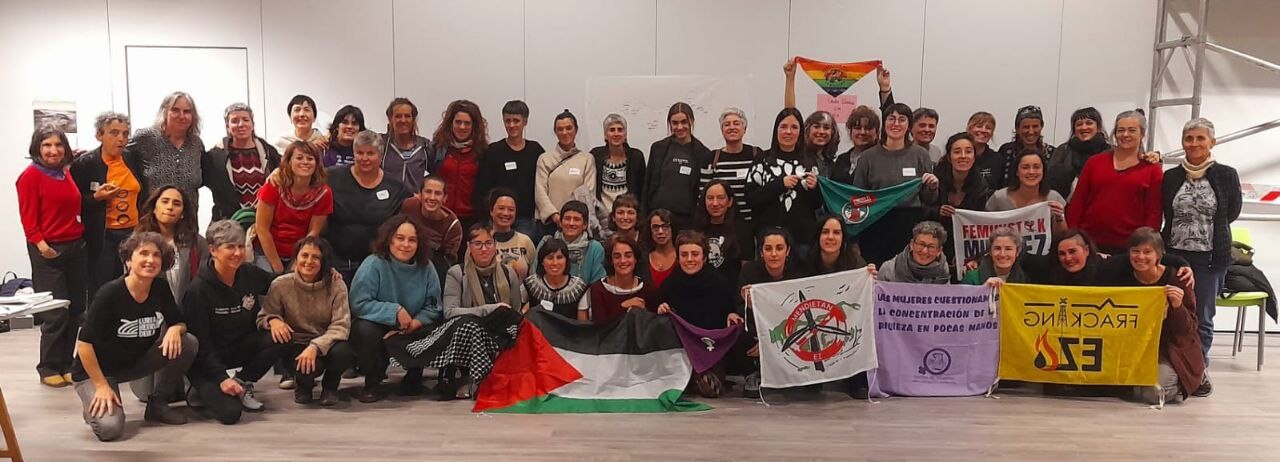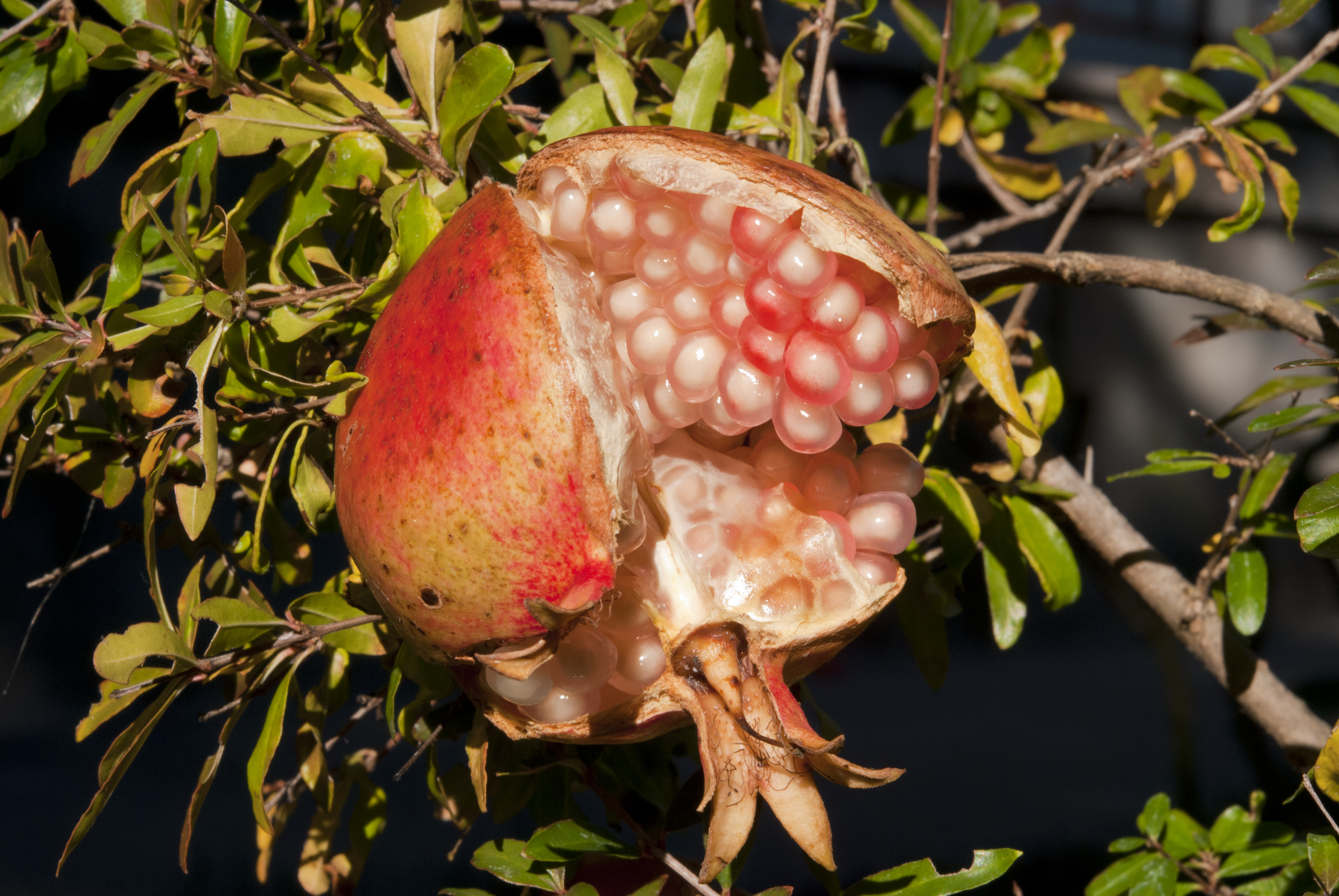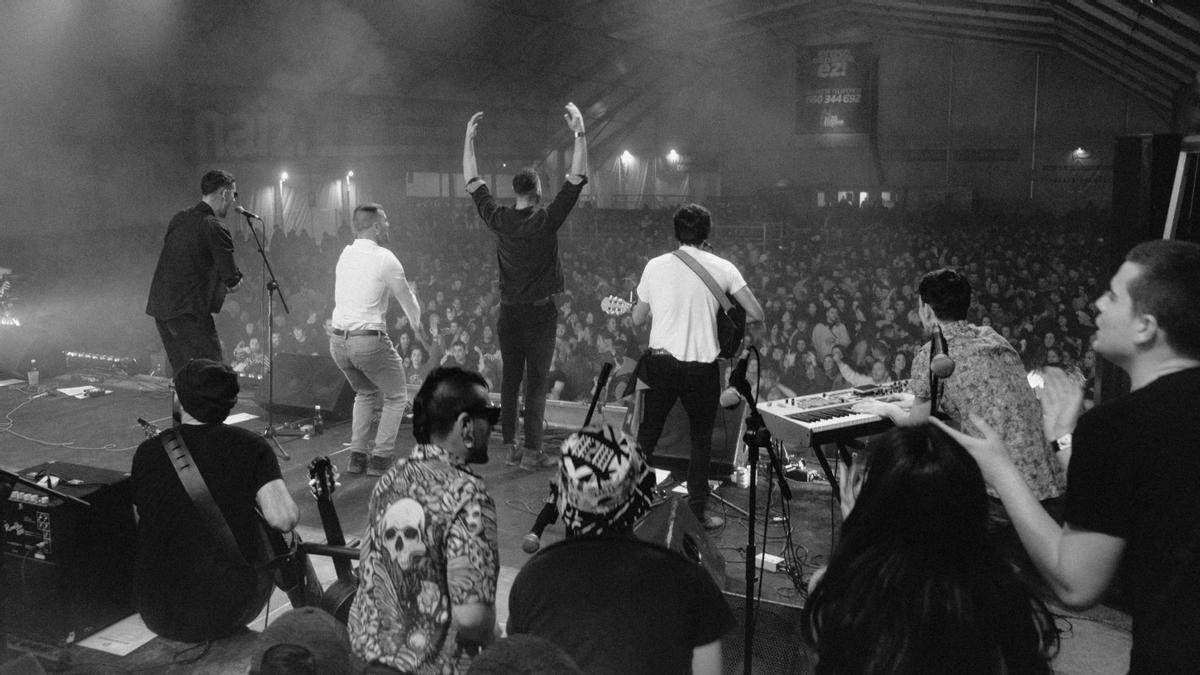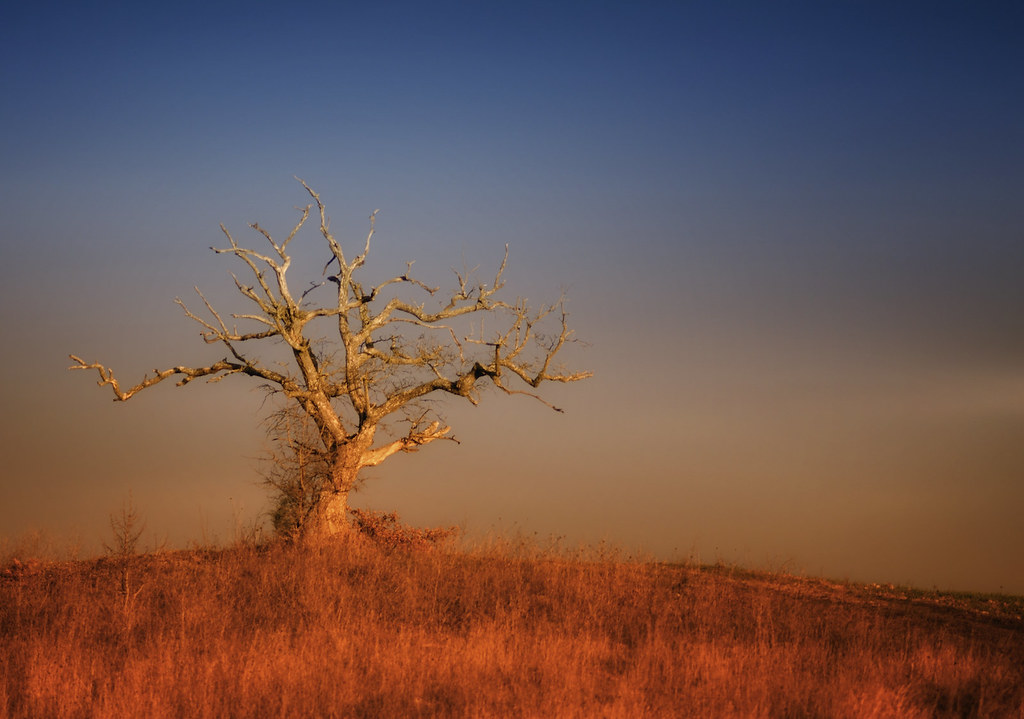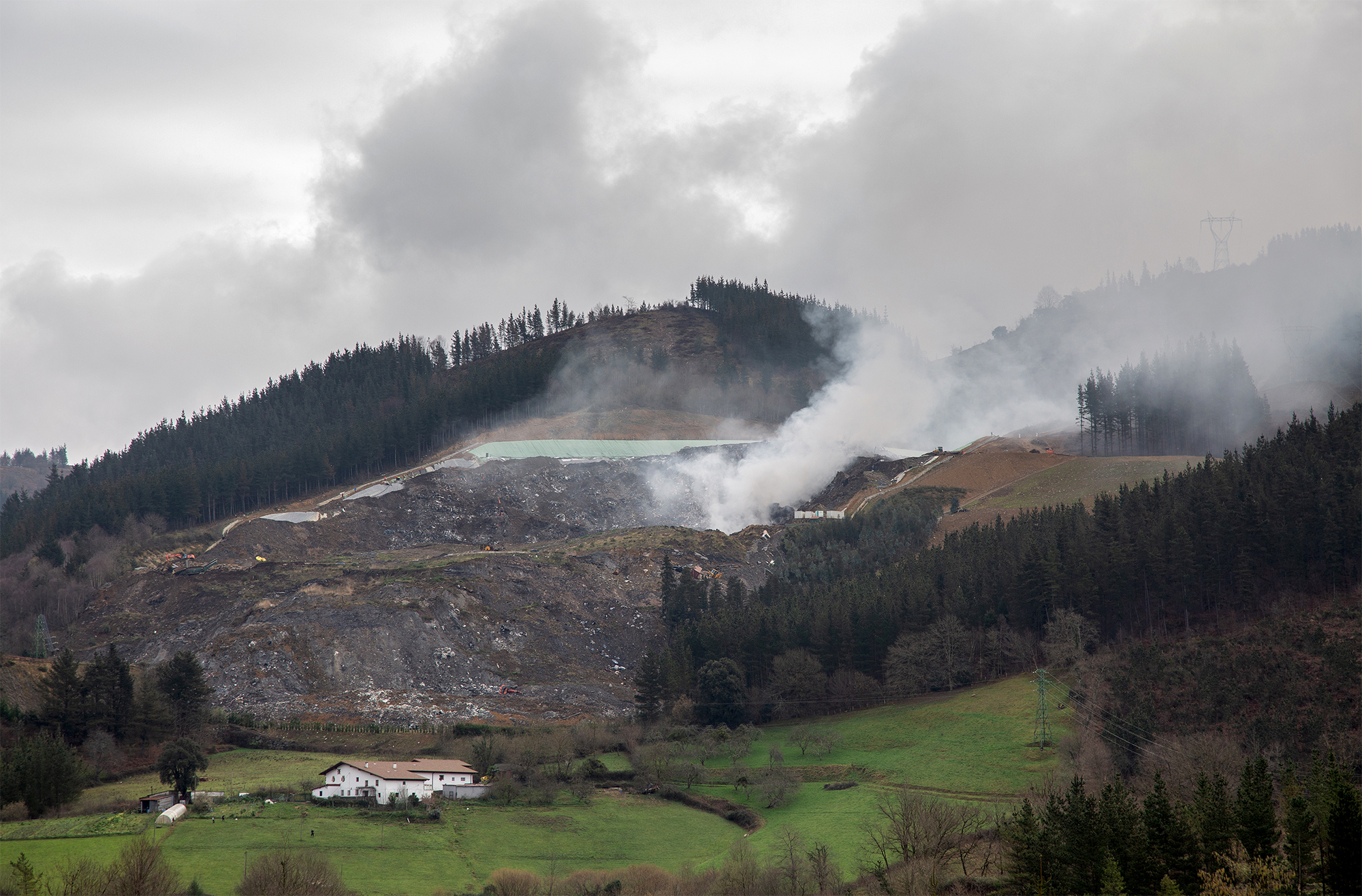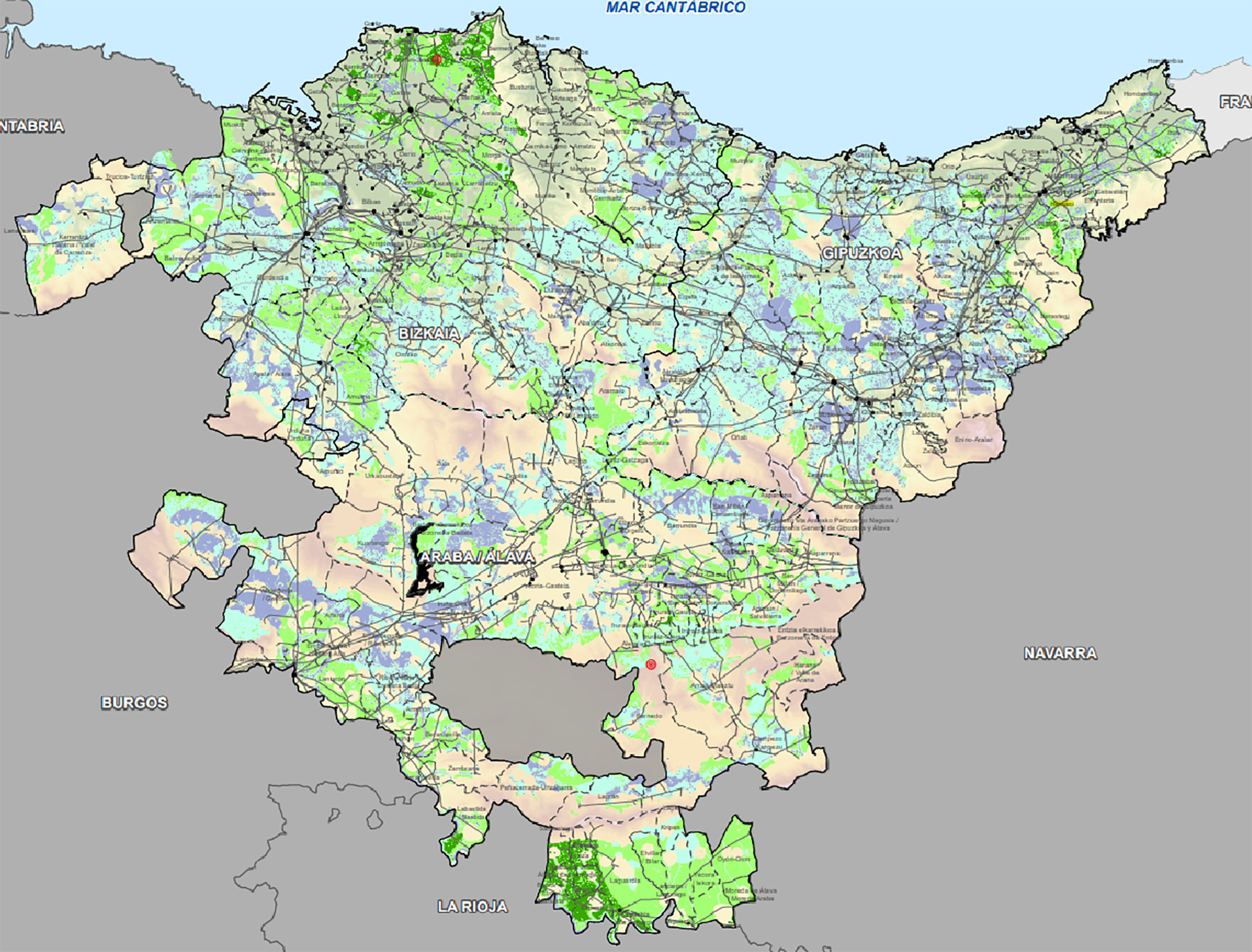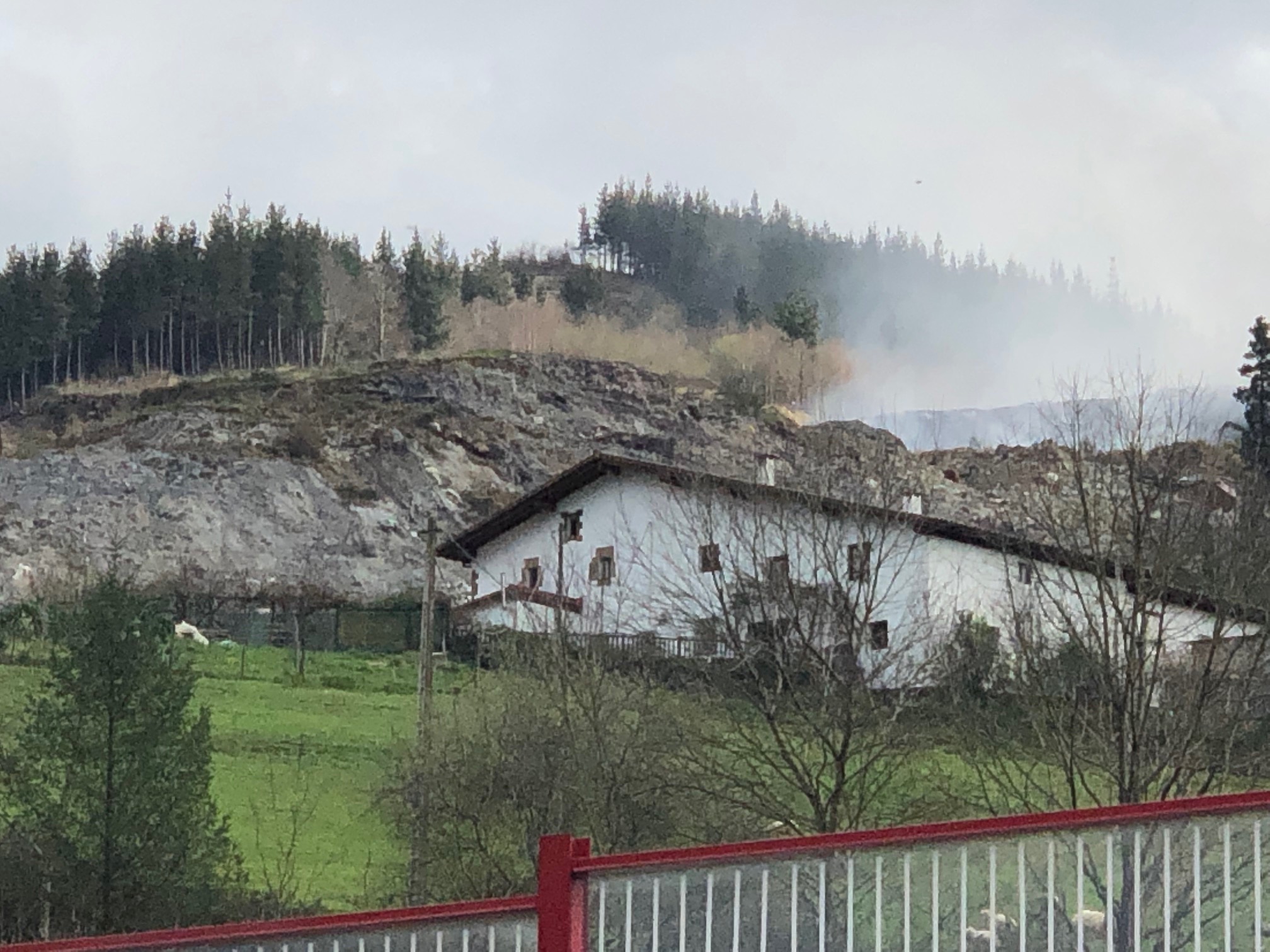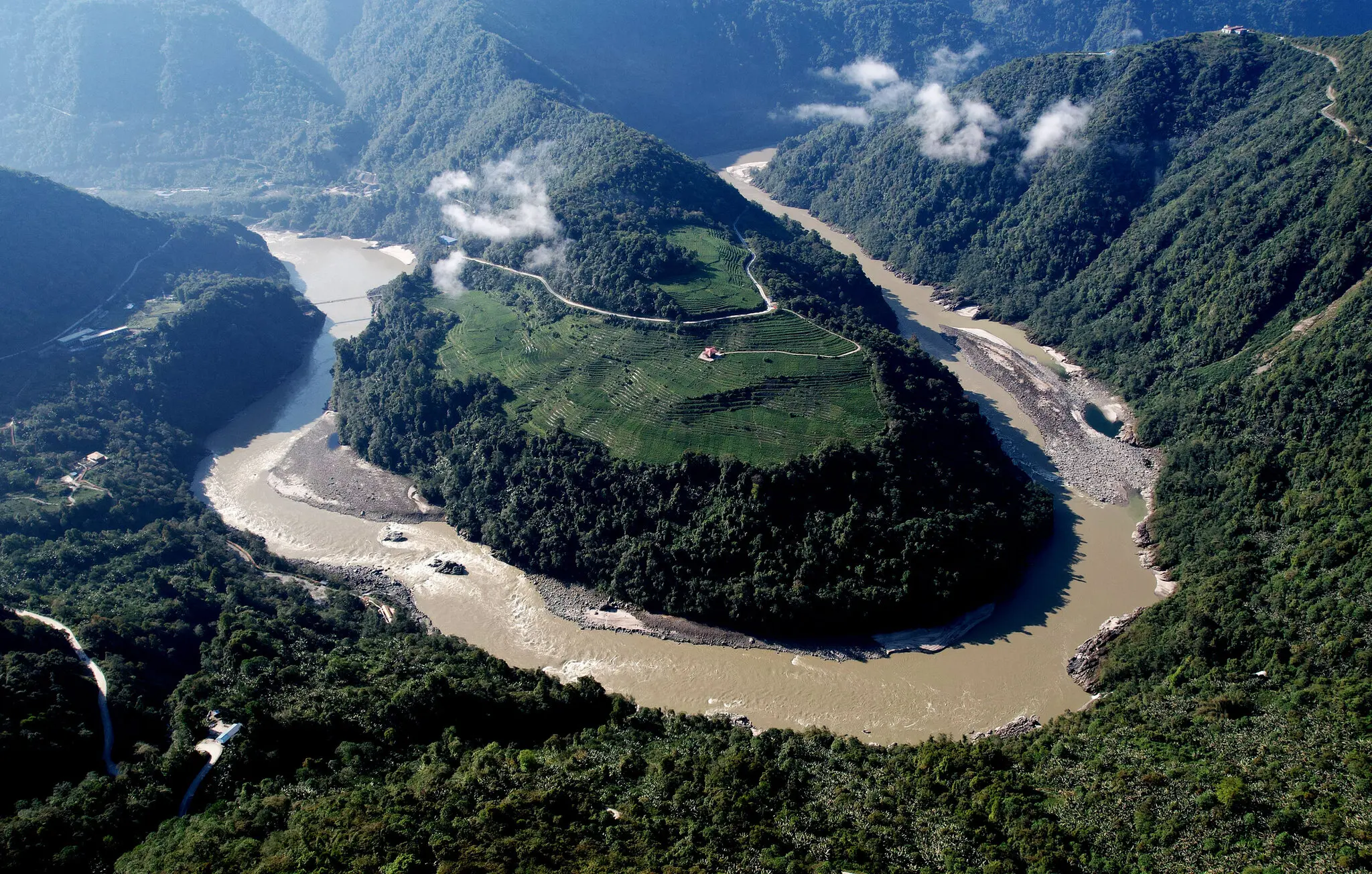"In times of war we suffered violence and in times of peace we continue to suffer violence"
- In Euskal Herria, France has been Elena Márquez Mina, an Afro-Colombian leader, activist, human rights defender and winner of the 2018 Goldman Environmental Award. REAS Euskadi, Peace with Dignity, OMAL and the research group Part Hartuz of the UPV/EHU have participated in the international course Alternatives for Transition to a People's Economy.
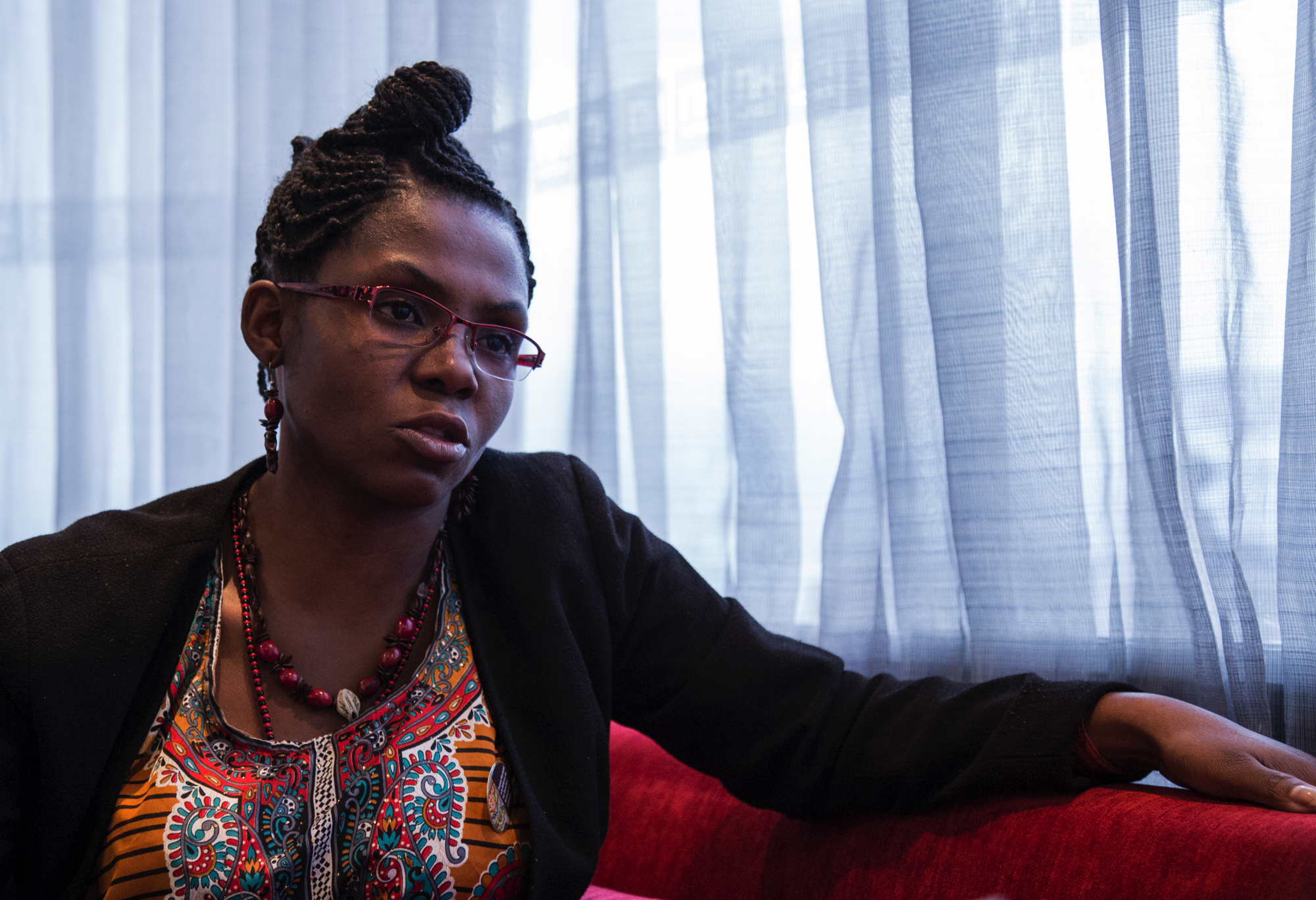
Márquez referred to the situation that the community of descendants of Africans lives in Colombia and the context of peace in that country. Born in the territory of the ancestors Yolonbó, in the municipality of Suárez, in the north of the department of Cauca, leads the fight against illegal mining in Arab lands, so in 2014 he had to leave the lands he defends under threats suffered.
Since in the 17th century their ancestors were taken slaves from Africa to Colombia, Afro-Settlers have lived in lands defended by Marquez. During all these years they have dedicated themselves to artisanal mining and agriculture, but since the 1980s Márquez has denounced that the Colombian government "is promoting megaprojects in the name of development". “They have created misery, poverty and waste of our rights and lands,” he explained.
At the time when the Colombian Government began to sell its country for mining purposes to the West, according to Márquez, illegal mining began to spread on its lands. The activist has denounced that, although the Government said that illegal mining had to be stopped outwardly, it has encouraged it. “Institutional corruption has driven and allowed illegal mining, it’s a strategy to drive people out of their lands and justify mining,” he explained.

Resistance against violence is one of the most recurrent expressions of the citizens of Cauca, as happened in 2009. That year, after a long struggle and in the context of an armed conflict, the Government of Colombia granted to transnational corporations the lands of the Afro-Colombian community and its inhabitants as “malicious rebels”, which is a crime. “We went from owning our ancestors’ lands to being criminals,” says Márquez. In view of this, they mobilized and, after several legal interventions, they won the sentence. The mining titles allocated by the Government to international companies were suspended because they did not respect the right to prior consultation. Márquez explained that although at the time they came to believe they had won the battle, the conflict "has had its continuity". Since then, illegal mining has been spreading and forced to deal with it. “It is up to us to deal with illegal miners, who are often supported by armed actors,” he says.
France Márquez: “If we are not shot to death, we will be poisoned to death.”
In the context of this fight against illegal mining, in 2014 the Black Women for the Custody of the Ancestral Territories and Life were mobilized. They travelled north of Cauca to Bogotá for almost a month, to make visible the damage caused by illegal mining and to demand that the Government guarantee the rights of Afro-Colombians. However, the Government has not ceased and the Afro-Colombian community is increasingly far from having dignified living conditions: as a result of mining, the community has no water or drinking water and is drinking water from mercury particles. “If we are not shot to death, we will be poisoned to death,” Márquez said.
Context of peace, according to and for whom
During the conflict, the armed struggle has been very present in the department of Cauca and, consequently, also the violations of human rights by the State of Colombia. Márquez explains that precisely because of the experience of this violence, the majority of the inhabitants of this area voted in favour of peace. However, despite the fact that in the post-peace process guerrillas and paramilitary groups have remained out of the picture, the “State that cares for economic interests and transnational corporations” remains there, as does the violence that this entails. “In times of war we suffered violence and in times of peace we continue to suffer violence,” Márquez explained, stressing the violence suffered by many entrepreneurs and entrepreneurs as a clear exponent of this violence.
At least 77 social leaders have died in Colombia in the first half of 2018
According to data provided by the Colombian organization Somos Defensa, in the first half of 2018 at least 77 social leaders have died in Colombia, compared to 573 in 2009 and 2017. Márquez made a clear statement on this: “Violence is still there. Leaders who are dying in recent years are exponents of the lethal economic model that is being imposed on our communities.” In the present context, peace is a signal that is not the same for all.
In this situation, Afro-Colombians have opted for “a vision of development that allows us to remain community and live with dignity”. The prospect of development so far has led them, among other things, to death, to the violation of human rights, to forced displacement and to the loss of conditions for a dignified life. They are clear about it. “We want to live peacefully in our lands, we are tired of spilling blood.” As is often emphasized, in Colombia, peace remains an institutional story.









